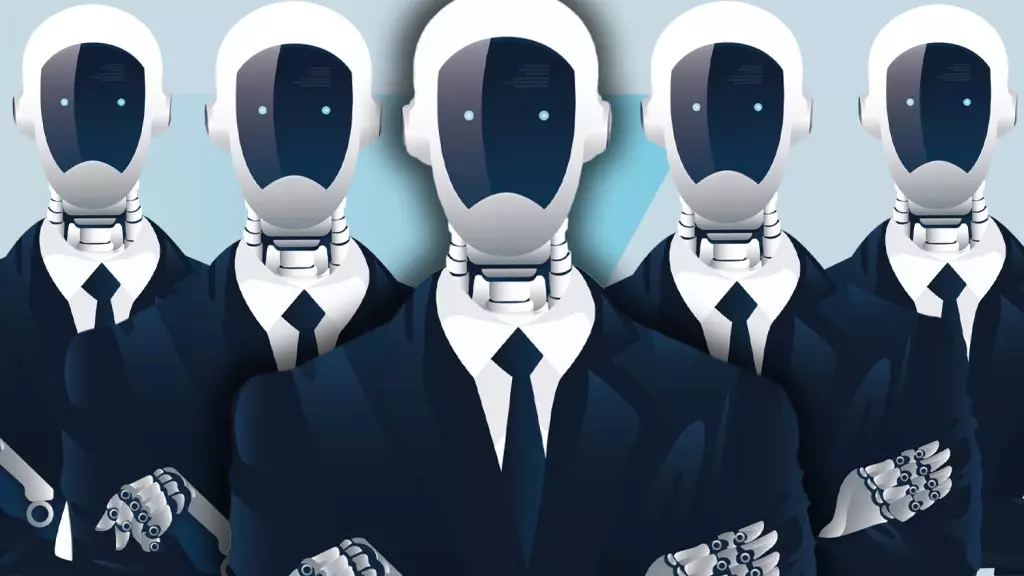As artificial intelligence (AI) technologies increasingly permeate various sectors, concerns surrounding the intellectual property rights of artists, specifically actors, have amplified significantly. The UK’s actors union, Equity, has recently raised alarms over what it deems a blatant violation of their members’ rights in the realm of AI model training. In a firm open letter directed at major industry players, including the BBC, Disney, ITV, and Pact, Equity has threatened legal action should these entities continue to infringe upon performers’ rights. This situation signals an urgent need for a comprehensive dialogue related to the ethical and legal implications of using performers’ content in AI training.
In its correspondence to key figures in the broadcasting and entertainment landscape, Equity does not shy away from articulating its grievances. The union underscores that actors’ data and performances are being utilized on an “industrial scale” by AI developers without proper authorization or compensation. This situation is described as a form of “theft” that raises critical ethical questions around exploitation in modern content creation. By capitalizing on the demand for rights-protected content needed to train AI models, content owners have initiated licensing agreements that may further jeopardize the rights of individual performers. Here, Equity’s insistence on an urgent discussion highlights the pressing nature of the situation—that new legislative frameworks must be developed to safeguard the rights of actors in this technological age.
Negotiating Rights in a Changing Landscape
Historically, copyright laws such as the Copyright, Designs and Patent Act 1988 established parameters for how creative content can be used and shared. However, the rapid advancement of AI poses challenges that these laws may not adequately address. Equity’s letter points out the urgent necessity of revising these legal frameworks to encompass the complex interplay between AI and performer rights. Moreover, the UK government’s recent proposal for an AI Opportunities Action Plan, which includes the creation of a copyright-cleared media asset data set, serves as an acknowledgment of this technological evolution. Yet, it also raises questions about how performers’ contributions will be protected in this new environment.
Equity’s narrative stresses that historical and future usage of members’ work should not only be transparent but also rooted in informed consent. This demand emphasizes that any agreements regarding AI training must prioritize the explicit understanding and approval of the actors involved. The union seeks to ensure that transparency extends beyond mere contractual obligations; it must foster an environment where performers feel secure about how their work will be utilized and compensated. Equity’s insistence on these principles reflects a broader trend across industries grappling with the ramifications of AI and data exploitation.
There is a clear need for a collaborative approach among content creators, publishers, and actors to chart a viable path forward in the context of AI. Equity urges not only the organizations currently under scrutiny but also a larger array of stakeholders—including video game platforms and independent producers—to engage in meaningful discussions. As negotiations with Pact continue, Equity’s aspirations mirror those of their American counterparts in SAG-AFTRA, advocating for robust protections tailored specifically for the evolving landscape of generative AI.
As the entertainment industry stands at a pivotal crossroads, the stakes surrounding AI development and intellectual property rights are unprecedented. With Equity leading the charge for reforms that respect performers’ contributions, the situation encapsulates a broader discussion about the ethical use of technology in creative fields. Ensuring that artists’ rights are preserved will not only fortify the industry’s foundation but also foster an environment where creativity and innovation can flourish without compromising the very individuals who bring art to life.


Leave a Reply